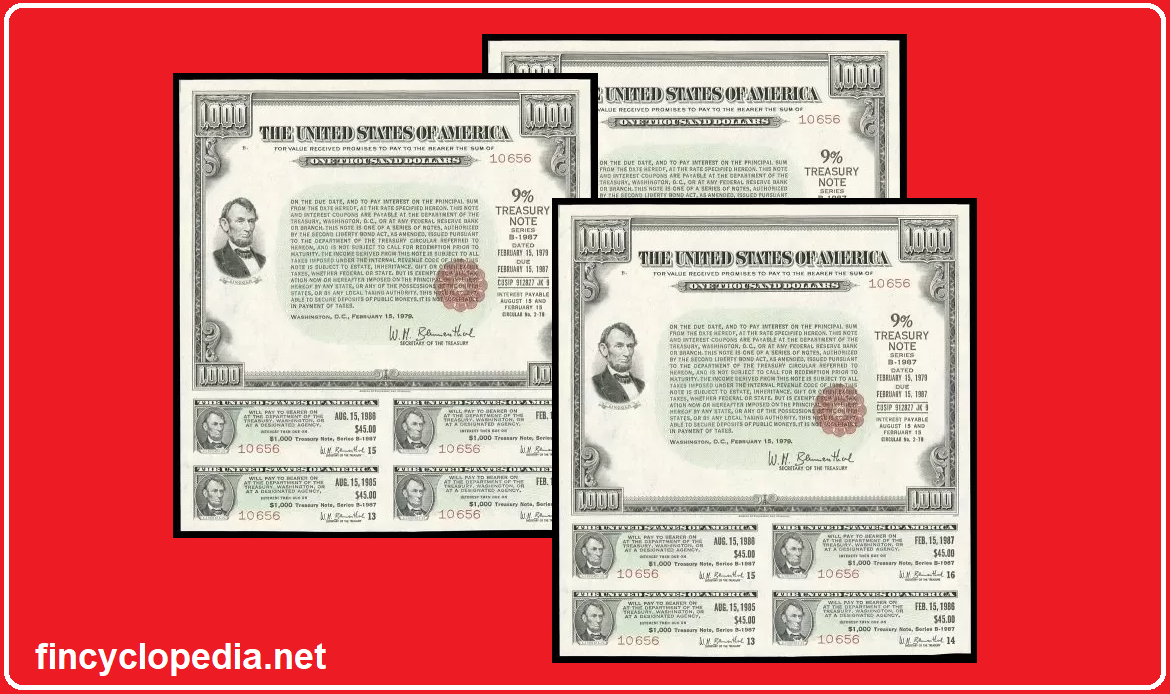The price at which an asset or service is paid by a willing buyer to a willing seller under normal markets conditions. For a liability, it is the amount at which it is incurred (assumed) or settled (transferred) in a current transaction between willing and reasonably knowledgeable parties under normal market conditions. Both the buyer and seller are assumed to be rational and have a reasonable knowledge of relevant facts and particulars of the transaction (the so-called arm’s length transaction). In this broad sense, it is also known as a fair market value.
In specific contexts, fair value has multiple meanings: 1) the fair value of a stock is the price at which a stock trades (exchanges hands) assuming the application of appropriate measurement and valuation methods that take into consideration all relevant facts and factors. 2) the fair value of a futures contract is the theoretical price that is derived by compounding the spot price, on a continuous basis (continuous compounding), at the cost of carry for a certain period of time. In this sense, fair value is an equilibrium price (it forms at the point of equilibrium) and any discrepancies (or deviation from this price) would disappear by means of arbitrage.







